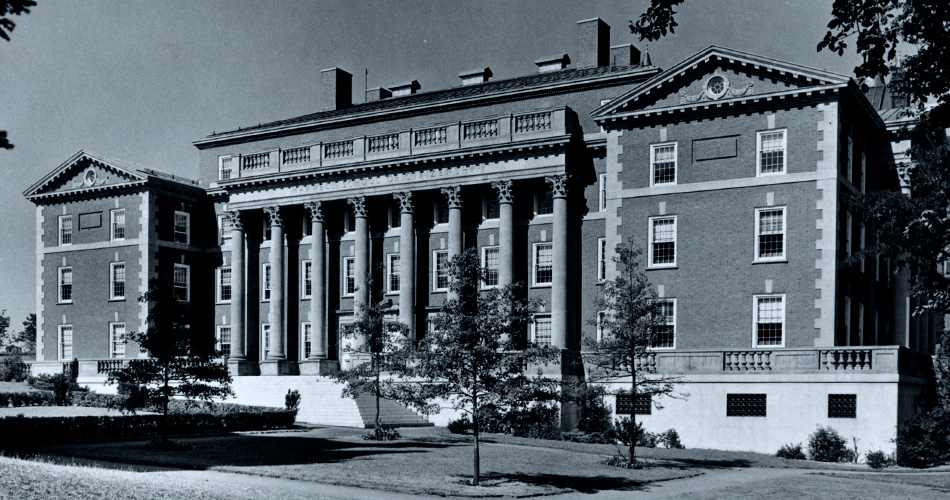Acquired Nationality: Dirty Work and the Americanization of Korean Firms
Maxwell Hall, 204
Add to: Outlook, ICal, Google Calendar
The Moynihan Institute's Comparative Politics/International Relations Series presents Randall Stone. The Korean IMF program of 1997 opened the financial sector, and firms that were targets of foreign mergers and acquisitions went global in the ensuing years. In the process, their Korean identity was diluted and their investment strategies became guided by their American co-owners. We find patterns attributable to firm nationality in firm-level location decisions for foreign investment by Korean firms, and we use difference-in-difference regressions to assess the changes in investment behavior associated with foreign ownership. In particular, Korean firms that have been targets of US foreign mergers and acquisitions exhibit a reverse corporate social responsibility effect, which we describe as a “dirty work” effect. Korean-American firms prefer to invest in countries with strained relations with the United States, and US mergers and acquisitions are associated with significantly increased tendencies to invest in countries with authoritarian politics, weak labor rights, and weak environmental protection. We argue that US firms invest in Korea in order to use Korean firms as platforms for socially irresponsible corporate investing, using these intermediaries to do their dirty work, which allows them to insulate their own brands from the reputational damage that such investments might entail. Patterns of socially irresponsible Korean investing appear to be driven by firms with substantial US investor participation.
Randall W. Stone (Ph.D. 1993, Harvard) is Professor and Chair of the Political Science Department at the University of Rochester. His articles have appeared in the American Political Science Review, International Organization, the Journal of Politics, and other leading political science journals, and he is the author of three books: Controlling Institutions: International Organizations and the Global Economy (2011); Lending Credibility: The IMF and the Post-Communist Transition (2002); and Satellites and Commissars: Strategy and Conflict in the Politics of Soviet-bloc Trade (1996). He was a Fulbright Senior Scholar in Berlin, his research has been funded by the National Science Foundation and the Social Science Research Council, and he has consulted for the International Monetary Fund. He is currently working on a new book on interactions between multinational corporations and international institutions.
Category
Social Science and Public Policy
Type
Talks
Region
Campus
Open to
Alumni
Faculty
Parents and Families
Staff
Students, Graduate and Professional
Students, Prospective
Students, Undergraduate
Cost
Free
Organizer
MAX-Moynihan Institute of Global Affairs
Accessibility
Contact Nicholas Feeley to request accommodations

We’re Turning 100!
To mark our centennial in the fall of 2024, the Maxwell School will hold special events and engagement opportunities to celebrate the many ways—across disciplines and borders—our community ever strives to, as the Oath says, “transmit this city not only not less, but greater, better and more beautiful than it was transmitted to us.”
Throughout the year leading up to the centennial, engagement opportunities will be held for our diverse, highly accomplished community that now boasts more than 38,500 alumni across the globe.